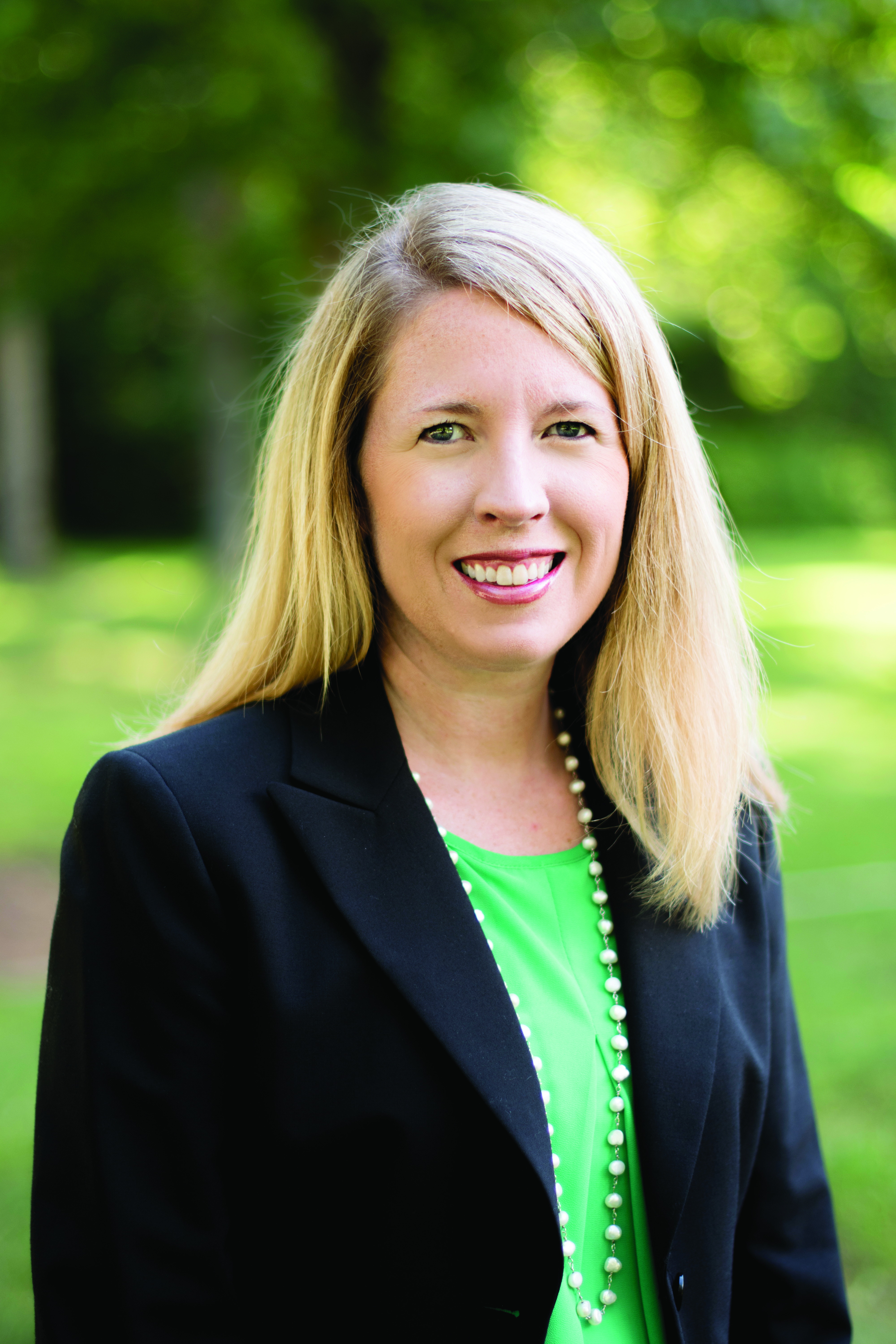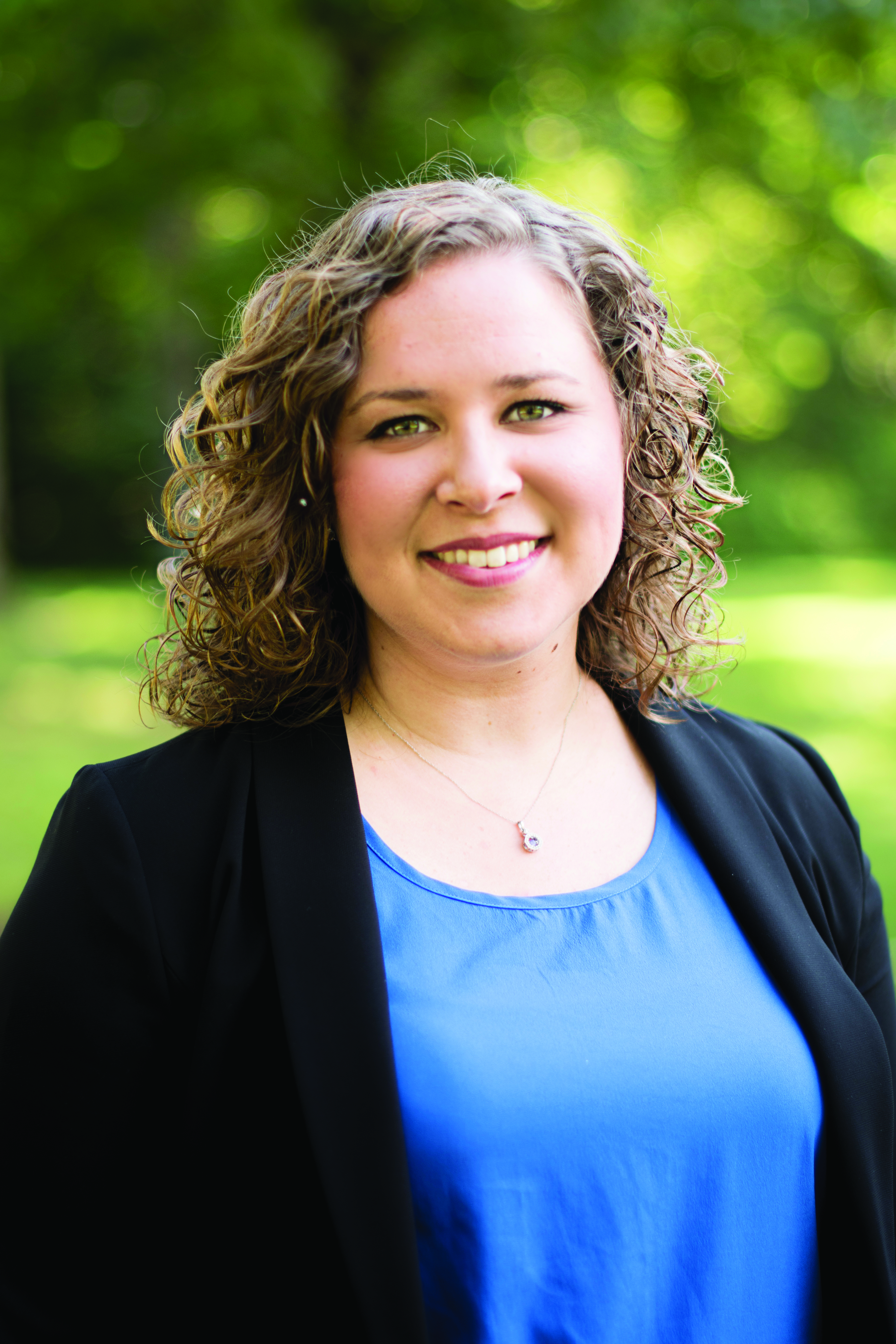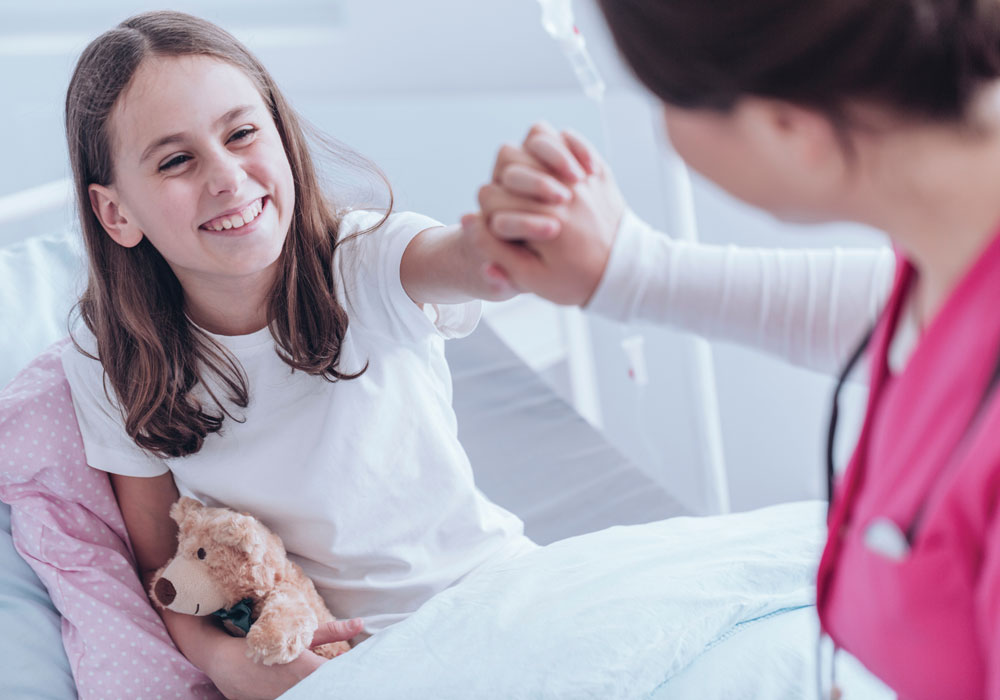By Kristin Donahue, RN, MSN, OCN®, and Anne Marie F. Rainey, MSN, RN, CHC
Cancer doesn’t discriminate. It can strike anyone at any time. Being told that you have cancer can be a frightening experience, and feelings of loneliness and isolation are not uncommon, especially for young adults with cancer.
Approximately 70,000 adolescents and young adults (AYAs) are diagnosed with cancer each year, with the disease accounting for one of the top causes of death for individuals aged 15–39 in the United States. AYAs have unique concerns that need to be addressed, but unfortunately, the healthcare system has been able to do that.

Developing an AYA Support Group
The authors attended a 2016 conference session about support groups for young adults where the speaker explained how important it was for young adults to have an outlet. Our cancer center’s groups were comprised mostly of individuals who were aged 50 and older, so young adults were not attending the current offerings. Because the AYA population had a clear need in this area, we came back from the conference determined and ready to take on the task of developing an AYA support group.
Our objectives for the support group included fostering connections between young adults facing cancer, discussing side effects related to cancer, and assisting with the complex needs of young adults including finances, dating and relationships, sexuality, spirituality and returning to school or work. After presenting the idea to our executive administration, we had its full support.

The next step was to secure funding for our support group. We determined what our expenses would be and drafted a budget. Although we didn’t have many large expenses, we still needed to allot money for advertising materials as well as monthly meetings and activities. Armed with those figures, we applied for a grant through a local cancer foundation and received funding.
How the Support Group Works
Clearview Adolescent and Young Adult Cancer Program (CAYAC) targets individuals aged 18–35. Using our electronic medical record and practice management systems, we pulled demographic data and mailed meeting information directly to the AYA population. We didn’t want the group to be comprised of just our patients, so we also contacted other cancer centers, cancer screening centers, and referring practices in the area.
A Story of Success
At its first meeting, we learned that the AYA participants preferred to meet out in the community instead of in the cancer center. Some of the activities we have participated in included coffee chats, dinners, guest speakers about fitness and resources for young patients, and, most recently, a trip to TopGolf. The group has bonded better than we could have ever imagined and they truly support each other.
They also have big hearts. One large project from the group’s first year includes a new educational brochure for newly diagnosed young adult patients. The group also wants to give back to the community and has recently started working on a fundraiser for the local cancer center foundation, which will assist other patients in need.
We weren’t sure what we were getting into when we started the support group, but we can both say without a doubt that we have gotten much more from the group than we have put in. It is a great blessing to work with and support this special group of individuals.






